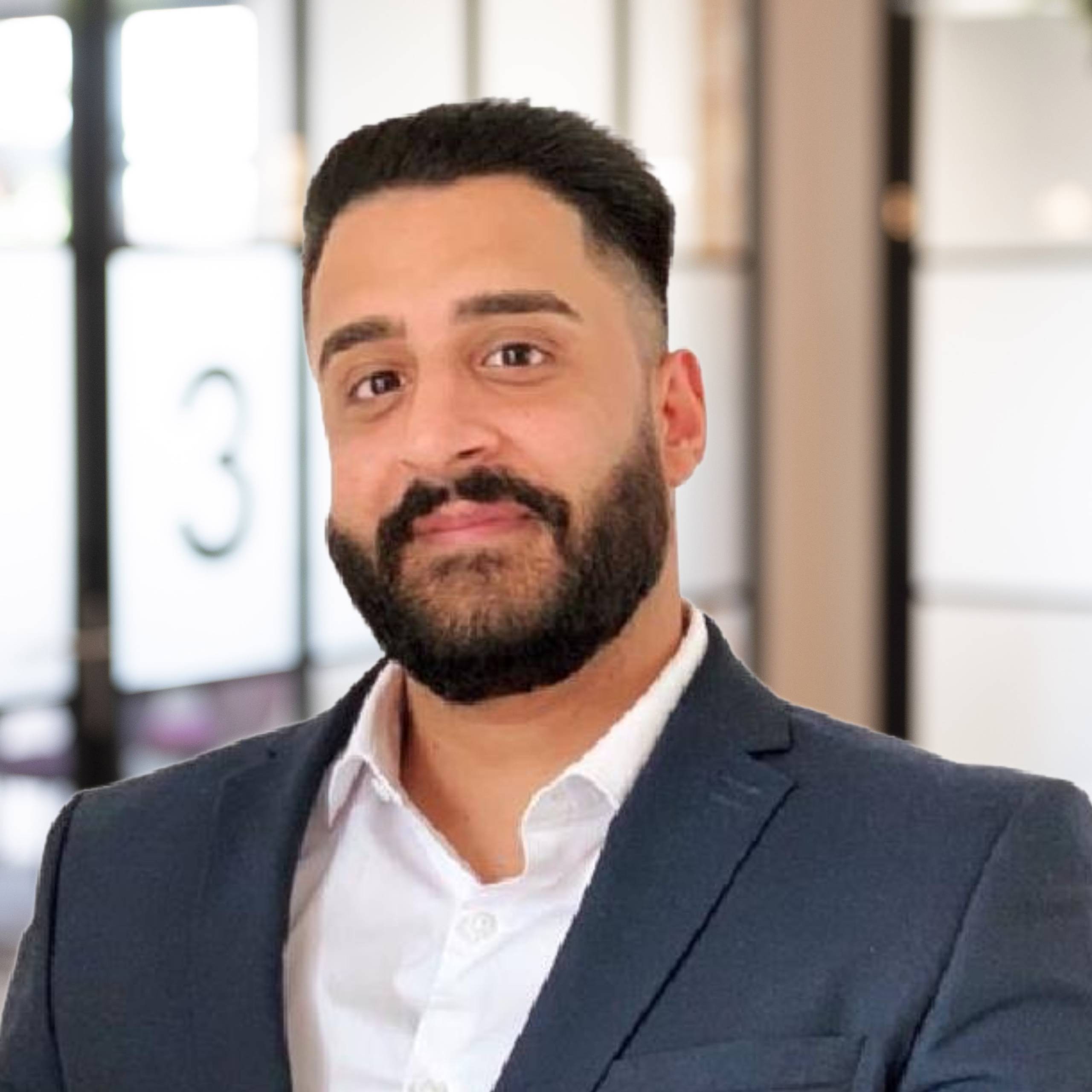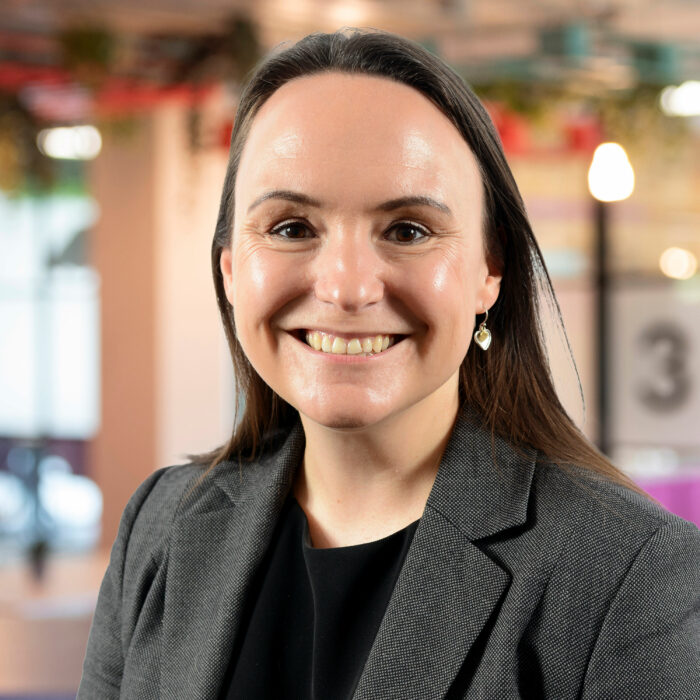We are here to help with medical negligence claims
The thought of going through a medical negligence claim at a stressful time may feel daunting, but we are here to help you all the way. Our dedicated medical negligence solicitors will do everything they can to make the legal process as easy as possible for you.
We have represented many people, who have been treated negligently by a healthcare professional, get the compensation and aftercare they deserve. Our team works on a no win, no fee basis and understands the emotional impact these situations can have on people and families. During your claim and while we are working together, our team of medical negligence experts will look to help ease your burden by also considering care plans, home adaptations, corrective treatments, counselling and rehabilitation.


How do I sue the NHS? Can I do this as part of my NHS claim
If you’re considering suing the NHS, there is a formal complaints process that you should look into first. Your complaint must be made within 12 months from the date the event happened, or 12 months from the date you first became aware of it. If you need further assistance, you can get help from the Patient Advice & Liaison Service (PALS) whose officers are in most hospitals. If you are unhappy with the response you get, you can complain to the Parliamentary and Health Service Ombudsman.
How do I prove my medical negligence claim
With our help, you will need to show that the standard of care you received fell below that of a reasonably competent doctor or healthcare professional, and that you have suffered an injury as a result of that negligence.
Our medical negligence services
Call us free today to see how you can get started
Or request a call back if you’d like one of our no-win, no-fee experts to call you
We are here to help with medical negligence claims
The thought of going through a medical negligence claim at a stressful time may feel daunting, but we are here to help you all the way. Our dedicated medical negligence solicitors will do everything they can to make the legal process as easy as possible for you.
We have represented many people, who have been treated negligently by a healthcare professional, get the compensation and aftercare they deserve. Our team works on a no win, no fee basis and understands the emotional impact these situations can have on people and families. During your claim and while we are working together, our team of medical negligence experts will look to help ease your burden by also considering care plans, home adaptations, corrective treatments, counselling and rehabilitation.
Call us free today to see how you can get started
Or request a call back if you’d like one of our no-win, no-fee experts to call you


How do I sue the NHS? Can I do this as part of my NHS claim
If you’re considering suing the NHS, there is a formal complaints process that you should look into first. Your complaint must be made within 12 months from the date the event happened, or 12 months from the date you first became aware of it. If you need further assistance, you can get help from the Patient Advice & Liaison Service (PALS) whose officers are in most hospitals. If you are unhappy with the response you get, you can complain to the Parliamentary and Health Service Ombudsman.
How do I prove my medical negligence claim
With our help, you will need to show that the standard of care you received fell below that of a reasonably competent doctor or healthcare professional, and that you have suffered an injury as a result of that negligence.
Our medical negligence services
We are here to help with medical negligence claims
The thought of going through a medical negligence claim at a stressful time may feel daunting, but we are here to help you all the way. Our dedicated medical negligence solicitors will do everything they can to make the legal process as easy as possible for you.
We have represented many people, who have been treated negligently by a healthcare professional, get the compensation and aftercare they deserve. Our team works on a no win, no fee basis and understands the emotional impact these situations can have on people and families. During your claim and while we are working together, our team of medical negligence experts will look to help ease your burden by also considering care plans, home adaptations, corrective treatments, counselling and rehabilitation.
How do I sue the NHS? Can I do this as part of my NHS claim
If you’re considering suing the NHS, there is a formal complaints process that you should look into first. Your complaint must be made within 12 months from the date the event happened, or 12 months from the date you first became aware of it. If you need further assistance, you can get help from the Patient Advice & Liaison Service (PALS) whose officers are in most hospitals. If you are unhappy with the response you get, you can complain to the Parliamentary and Health Service Ombudsman.
How do I prove my medical negligence claim
With our help, you will need to show that the standard of care you received fell below that of a reasonably competent doctor or healthcare professional, and that you have suffered an injury as a result of that negligence.
Call us free today to see how you can get started
Or request a call back if you’d like one of our no-win, no-fee experts to call you


Our medical negligence services
We are here to help with medical negligence claims
The thought of going through a medical negligence claim at a stressful time may feel daunting, but we are here to help you all the way. Our dedicated medical negligence solicitors will do everything they can to make the legal process as easy as possible for you.
We have represented many people, who have been treated negligently by a healthcare professional, get the compensation and aftercare they deserve. Our team works on a no win, no fee basis and understands the emotional impact these situations can have on people and families. During your claim and while we are working together, our team of medical negligence experts will look to help ease your burden by also considering care plans, home adaptations, corrective treatments, counselling and rehabilitation.
How do I sue the NHS? Can I do this as part of my NHS claim
If you’re considering suing the NHS, there is a formal complaints process that you should look into first. Your complaint must be made within 12 months from the date the event happened, or 12 months from the date you first became aware of it. If you need further assistance, you can get help from the Patient Advice & Liaison Service (PALS) whose officers are in most hospitals. If you are unhappy with the response you get, you can complain to the Parliamentary and Health Service Ombudsman.
How do I prove my medical negligence claim
With our help, you will need to show that the standard of care you received fell below that of a reasonably competent doctor or healthcare professional, and that you have suffered an injury as a result of that negligence.
Call us free today to see how you can get started
Or request a call back if you’d like one of our no-win, no-fee experts to call you


Our medical negligence services
We are here to help with medical negligence claims
The thought of going through a medical negligence claim at a stressful time may feel daunting, but we are here to help you all the way. Our dedicated medical negligence solicitors will do everything they can to make the legal process as easy as possible for you.
We have represented many people, who have been treated negligently by a healthcare professional, get the compensation and aftercare they deserve. Our team works on a no win, no fee basis and understands the emotional impact these situations can have on people and families. During your claim and while we are working together, our team of medical negligence experts will look to help ease your burden by also considering care plans, home adaptations, corrective treatments, counselling and rehabilitation.
How do I sue the NHS? Can I do this as part of my NHS claim
If you’re considering suing the NHS, there is a formal complaints process that you should look into first. Your complaint must be made within 12 months from the date the event happened, or 12 months from the date you first became aware of it. If you need further assistance, you can get help from the Patient Advice & Liaison Service (PALS) whose officers are in most hospitals. If you are unhappy with the response you get, you can complain to the Parliamentary and Health Service Ombudsman.
How do I prove my medical negligence claim
With our help, you will need to show that the standard of care you received fell below that of a reasonably competent doctor or healthcare professional, and that you have suffered an injury as a result of that negligence.


Our medical negligence services
Call us free today to see how you can get started
Or request a call back if you’d like one of our no-win, no-fee experts to call you
H1 - Current sizes
H2 - We are here to help with medical negligence claims
H3 - We are here to help with medical negligence claims
H4 - We are here to help with medical negligence claims
H5 - We are here to help with medical negligence claims
H6 - We are here to help with medical negligence claims
P - The thought of going through a medical negligence claim at a stressful time may feel daunting, but we are here to help you all the way. Our dedicated medical negligence solicitors will do everything they can to make the legal process as easy as possible for you.
H1 - New sizes
H2 - We are here to help with medical negligence claims
H3 - We are here to help with medical negligence claims
H4 - We are here to help with medical negligence claims
H5 - We are here to help with medical negligence claims
H6 - We are here to help with medical negligence claims
P - The thought of going through a medical negligence claim at a stressful time may feel daunting, but we are here to help you all the way. Our dedicated medical negligence solicitors will do everything they can to make the legal process as easy as possible for you.
OLD Understanding birth injuries
Birth injuries can affect both mothers and babies, sometimes with lifelong consequences. In many cases, these injuries result from unavoidable complications. However, when medical negligence is involved, families deserve answers, accountability, and support. We’ll explain the different types of birth injuries that can happen before, during, or after labour, how they may occur, and when they may be linked to poor medical care.
Pre-birth negligence and pregnancy negligence
Pregnancy and maternity negligence, or pre-birth negligence, can have long-lasting consequences on both a mother and her baby. No pregnant mother should have to experience substandard care during pregnancy, or deal with any lasting health conditions caused by medical mistakes long after birth. Examples of pregnancy negligence can include:
- Failing to identify signs of infection;
- Missing an abnormality during a scan, or blood test;
- Failing to get a full health history from the mother, or failing to perform antenatal checks properly;
- Failing to treat underlying health conditions properly during pregnancy;
- Failing to discuss all the possible birthing options and the risks of each to give mothers control over their birthing journey;
- Misdiagnosis of an issue, or delay in diagnosis.
Ectopic pregnancy
We understand how worrying and upsetting ectopic pregnancies can be. Most commonly, this type of pregnancy is caused by pelvic inflammatory disease, which should be treated in a timely manner and not negligently left to cause further problems. We’ve helped many people and families take legal action following ectopic pregnancy negligence. Our client Lillian* was left with pain and depression following a mismanaged ectopic pregnancy, and we worked closely with her and her family to get the best outcome possible. Read Lillian’s story here >>
Pre-eclampsia
Pre-eclampsia occurs when a pregnant mother develops high blood pressure. This can lead to serious complications for both mother and baby. The condition can develop quickly and be life-threatening. Signs of pre-eclampsia include:
- Swelling in the face and hands;
- Severe headaches;
- Changes in vision;
- Severe pain in the upper abdomen.
Medical professionals should monitor mothers closely throughout their pregnancies to watch for signs of pre-eclampsia and should provide treatment as necessary.
NEW Understanding birth injuries
Birth injuries can affect both mothers and babies, sometimes with lifelong consequences. In many cases, these injuries result from unavoidable complications. However, when medical negligence is involved, families deserve answers, accountability, and support. We’ll explain the different types of birth injuries that can happen before, during, or after labour, how they may occur, and when they may be linked to poor medical care.
Pre-birth negligence and pregnancy negligence
Pregnancy and maternity negligence, or pre-birth negligence, can have long-lasting consequences on both a mother and her baby. No pregnant mother should have to experience substandard care during pregnancy, or deal with any lasting health conditions caused by medical mistakes long after birth. Examples of pregnancy negligence can include:
- Failing to identify signs of infection;
- Missing an abnormality during a scan, or blood test;
- Failing to get a full health history from the mother, or failing to perform antenatal checks properly;
- Failing to treat underlying health conditions properly during pregnancy;
- Failing to discuss all the possible birthing options and the risks of each to give mothers control over their birthing journey;
- Misdiagnosis of an issue, or delay in diagnosis.
Ectopic pregnancy
We understand how worrying and upsetting ectopic pregnancies can be. Most commonly, this type of pregnancy is caused by pelvic inflammatory disease, which should be treated in a timely manner and not negligently left to cause further problems. We’ve helped many people and families take legal action following ectopic pregnancy negligence. Our client Lillian* was left with pain and depression following a mismanaged ectopic pregnancy, and we worked closely with her and her family to get the best outcome possible. Read Lillian’s story here >>
Pre-eclampsia
Pre-eclampsia occurs when a pregnant mother develops high blood pressure. This can lead to serious complications for both mother and baby. The condition can develop quickly and be life-threatening. Signs of pre-eclampsia include:
- Swelling in the face and hands;
- Severe headaches;
- Changes in vision;
- Severe pain in the upper abdomen.
Medical professionals should monitor mothers closely throughout their pregnancies to watch for signs of pre-eclampsia and should provide treatment as necessary.
Kind words from our clients
No win, no fee personal injury legal advice
We are usually able to offer no win, no fee agreements (also known as Conditional Fee Arrangements (CFAs)) to our personal injury clients. In ‘no win, no fee’ agreements there are no up-front costs for you and if you don’t win, we don’t get paid.
To learn more about funding your personal injury claim click here >



